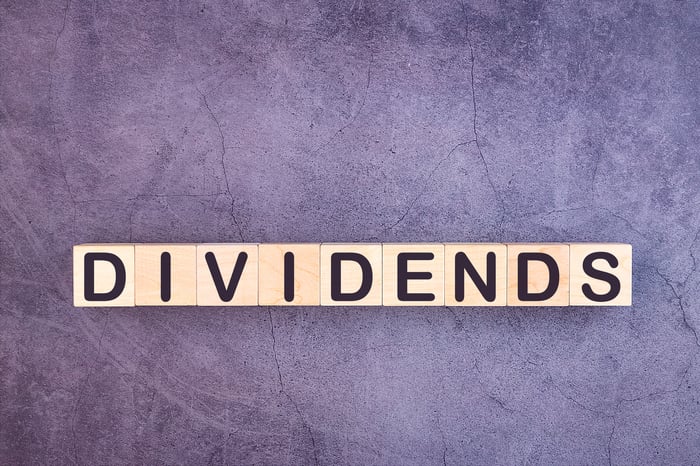The upside of investing in dividend stocks is clear: Collecting dividends gives you a steady income stream you can use to cover added expenses or reinvest to further grow your wealth. Dividend stocks are also a great bet for retirees who often need income outside of their Social Security benefits to pay their living expenses. And the fact that qualified dividends (the most common type you'll find) are taxed at a more favorable rate only adds to their draw.
There's just one problem with dividend stocks: Those dividends are not guaranteed. Whereas bond issuers are obligated, under their bond contracts, to pay their investors interest on a preset schedule, stocks that issue dividends can halt that practice as they see fit, or if their finances don't allow for it.
That's precisely what's happened this year, with 639 companies reducing or suspending their dividends during the second quarter of 2020. And as the COVID-19 pandemic drags on, that list could grow. It therefore begs the question: Should you be relying on dividend stocks? Or are they really just a gamble?

Image source: Getty Images.
You need a backup plan
Because companies that pay investors dividends aren't required to share that wealth, it's generally not a great idea to bank on dividend income for bill-paying purposes. But dividend stocks can still be a solid addition to your investment portfolio, whether you're still working, are close to retirement, or have already left the workforce behind.
While it's true that dividends are not guaranteed, let's remember that there are many companies that have consistently paid them for decades. If you focus on quality stocks with a long history of paying dividends, you're less likely to land in a situation where that dividend is taken away during a market downturn or recession.
Furthermore, companies that cut back on dividends often do so temporarily, the same way you, as an individual, might choose to slash your spending if your financial picture isn't looking as rosy as it once was. As such, it does pay to incorporate dividend stocks into your investment strategy, provided you're not banking on that income too heavily. Rather, the money you collect in dividends should be extra income -- money you use to boost your investments or, in the case of retirement, pad the guaranteed Social Security benefits or pension payments you have coming in.
Another thing to keep in mind is that while some companies might cut or pause their dividends when things get rocky, there's a solid list of dividend aristocrats -- companies that are part of the S&P 500 index that have paid and/or increased their dividends for at least 25 years in a row -- to offset them. Focus on that list, and you may have less to worry about during periods of economic turbulence like the one we're in now.
Despite the fact that over 600 companies have cut back on dividends this past quarter, 972 have started paying dividends or increased their dividends this year. That alone should prompt you to keep at least a handful of dividend stocks in your portfolio.




